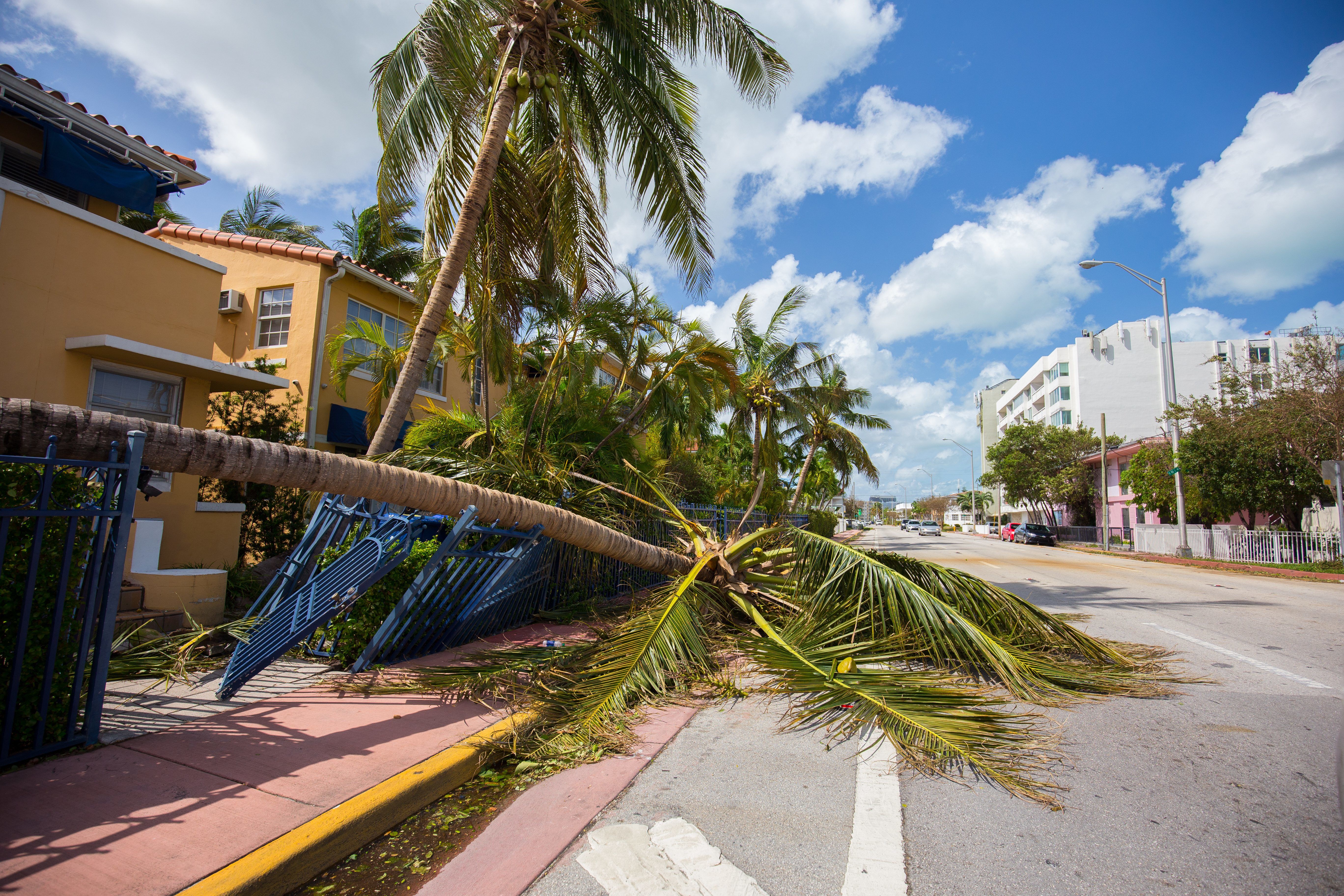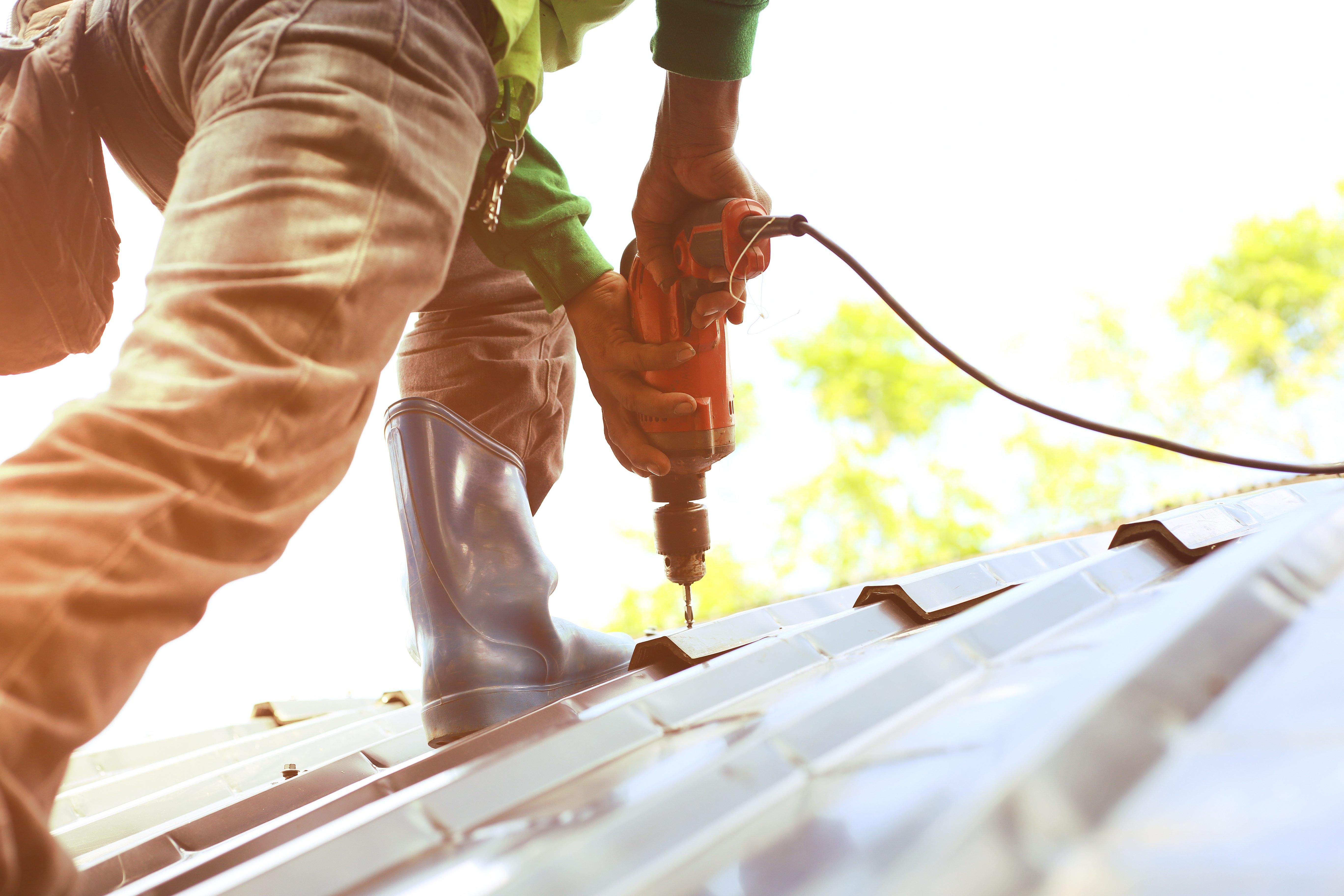Three weeks after Hurricane Irma, power and communications have been restored to most areas. Associations have had time to address their property damage, although under very difficult circumstances, including extended periods of being without electricity. By now, the following list of items should have been accomplished, except perhaps for communities experiencing the most significant damage.
Buildings suffering damage should have been secured from further water intrusion, through temporary roofs, boarded windows, and sliding glass doors, which will need to be replaced. Construction debris from the storm should have been be removed or at least contained.
Every unit should have been inspected by the Association, preferably on several occasions, to ensure that there is no moisture to the interior of the units. Moisture detected, on areas such as wet carpets or soggy drywall, should have been removed. The drying process can typically be accomplished through interior climate manipulation through dehumidification, heating and/or air conditioning. The association’s insurance adjuster should be involved throughout the dry-out process. For more complex water intrusion dry out, an outside neutral party should also be involved.
Every association and unit owner should have contacted their insurance carriers to file insurance claims. Associations should ensure that every insurance carrier with potential responsibility has been put on notice. At this point, if the adjuster has not yet visited the premises, this should be immediately addressed with your insurance agent. Your insurance adjuster will attempt to document the site, but the association should document existing conditions by taking pictures and video of the damage.
Legal review of condominium documents is critical. Older condominium documents may have provisions that set forth automatic termination when damage exceeds a certain percentage of the units, unless the owners vote to rebuild. Review of association documents is important in addressing the post-disaster activity of the association.
Associations with buildings that have incurred moderate to significant damage should retain an independent consultant such as an architect or engineer, with no financial stake in developing the repair specifications. Often, this will be an architect or structural engineer, and may even be a type of qualified consultant for particular items. Condominium documents often require a reconstruction plan to be prepared by an architect or engineer.
Contractors should be appropriately licensed in Florida for the type of work they will be performing, carry adequate insurance, and so forth. Although time is of the essence in moving forward with hurricane damage repair projects, a great deal of money is involved and the association can best protect itself by ensuring that there is appropriate legal review of any contracts or other documents. General contractors and many specialty contractors must be registered with the state. Licenses and complaints against such entities can often be checked online.
During prior hurricanes in 2004-2005, many associations fell into the trap of signing simple contracts with contractors. When read carefully, some agreements authorized the contractor to perform all of the reconstruction work without any reference to price or scope. Before such an undertaking can begin, the association should have legal counsel review the condominium documents, understand what insurance coverage exists, and develop the reconstruction specifications. It is preferable to involve your attorney in the contract process from the beginning. Often, contractors will prepare simple agreements that are one or two pages in length for associations to sign. Such agreements were undoubtedly prepared by the contractor’s attorney and offer little protection to the association.
My experience with prior hurricanes has shown that associations making hasty or ill-advised decisions in the chaotic post-hurricane environment often results in a bigger disaster than the storm itself.
Joe Adams is an attorney with Becker & Poliakoff, P.A., Fort Myers. Send questions to Joe Adams by e-mail to jadams@bplegal.com. Past editions may be viewed at floridacondohoalawblog.com
DamagesDisasterHurricaneInsuranceIrma

